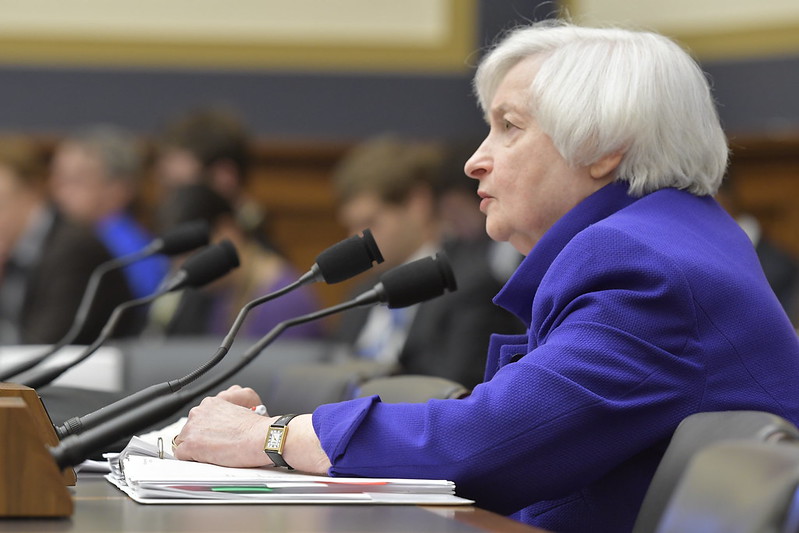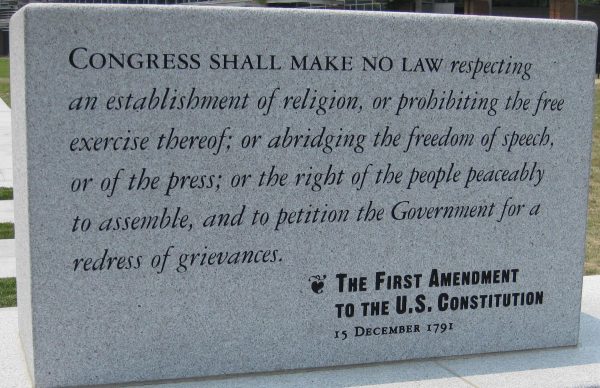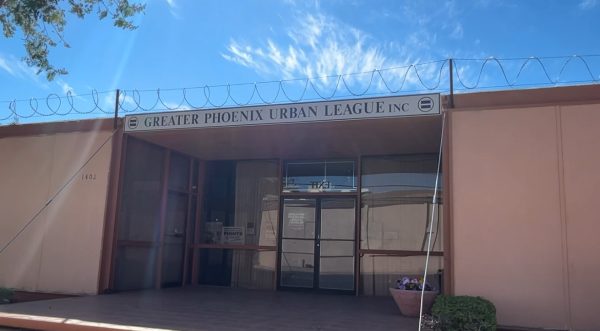Federal government shutdown averted as key October deadline looms
President Biden has signed a bill to keep the government funded until Dec. 3
Treasury Secretary Janet Yellen has sounded fresh alarms over the United States’ upcoming debt limit conundrum.
President Joe Biden has signed a temporary measure that will keep the United States government funded through November, but a potential economic crisis looms next month unless Congress votes to raise the debt ceiling.
A partial government shutdown would have started Thursday night had a bipartisan bill not made its way through Congress on Wednesday, with Sen. Chuck Schumer of New York confirming a Senate resolution would keep the government running.
However, Congressional Democrats still have no clear way forward to pass large portions of Biden’s Build Back Better agenda, which propelled the 78-year-old into the presidency last November. Democratic Senators Joe Manchin and Kyrsten Sinema continue to impede larger efforts on finalizing a $3.5 trillion infrastructure package.
Patience particularly with Sinema, Arizona’s senior senator, is running thin.
“This is our moment to deliver on all of the promises that we made,” Progress Arizona executive director Emily Kirkland told CNN. “She is just absolutely standing in the way of that.”
Meanwhile, Treasury Secretary Janet Yellen has cautioned lawmakers that without changes to the debt ceiling, the federal government could literally run out of money on Oct. 18, meaning the U.S. would default on its loans.
Yellen has publicly embraced eliminating the debt ceiling, as the alternative would be unpalatable for millions of Americans.
“I believe it’s very destructive to the president and myself, the Treasury secretary, in the situation where we might be unable to pay the bills that result from those past decisions (i.e. expenditures and shifting tax policy),” Yellen said.
As of Thursday night, Senate Democrats are attempting to raise the debt limit, but Republicans are opposed to the proposal.












